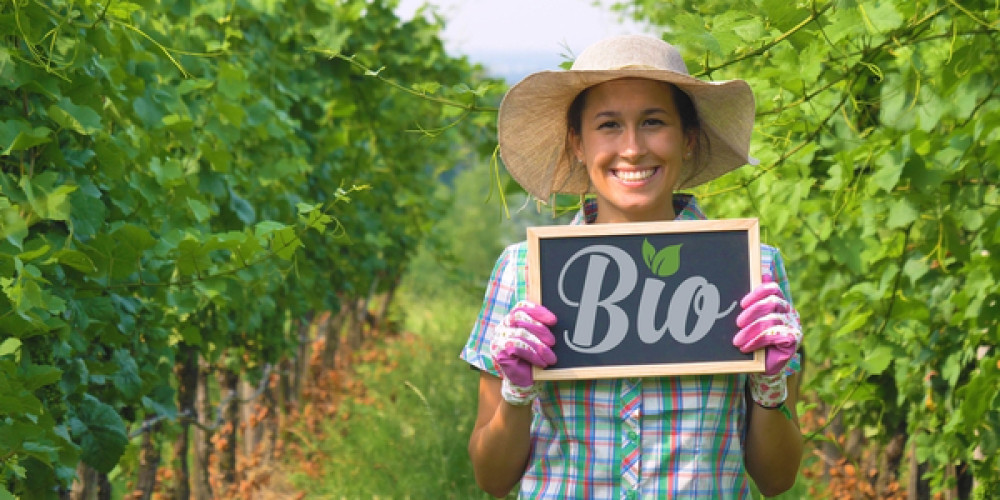News
07.01.2020 - Foods

Pesticide residues in organic products / Regulations of the new EU Organic Regulation (EU) No. 2018/848
In organic products, pesticides are rarely detected, but still, the contamination with harmful substances cannot be completely ruled out in organic products.
If pesticides are detected in organic products, it must first be examined whether it is still an organic product at all. Here it should be distinguished whether there is a violation of the EU organic regulation or whether the contamination was unavoidable.
If the plant protection product (PPP) is deliberately used in the production of the product, it constitutes a violation of the EU organic regulation. The product is no longer an organic product. The same applies if organic companies use a prohibited substance or have not taken adequate measures to avoid contamination risks.
The situation is different if pesticides used in the neighborhood drift onto organic fields or if traces of ubiquitous, global, or regional PPP contamination enter the product. In these cases, the EU organic regulation does not provide rules that question the "organic" designation.
The EU organic regulation does not set limits for PPP residues. Whether a food is still "organic" despite the detection of PPP is determined by the regulations for agricultural production and the processing of products, as well as by the examination of these regulations by organic control bodies.
The new EU Organic Regulation (EU) No. 2018/848 provides more clarity regarding the handling of contamination and actions when PPP is detected in organic products.
Even now, organic businesses must take preventive measures, especially in storage and transportation, to protect organic products from unauthorized substances and products. This affects feed, plant protection, or cleaning agents as well as seeds and food ingredients.
The new EU Organic Regulation defines and controls preventive measures not only for food manufacturers but also for farmers and all other organic businesses. The precautionary obligations must be "appropriate" and "proportionate" and are the responsibility of the organic business.
Similar to the HACCP concept from hygiene law, businesses (including raw material traders and importers) are required to systematically handle risks to avoid contamination risks and unauthorized products and substances. Risks must be identified at critical control points, so-called BKP – Bio-Control-Points, measures for control must be established, and these must be regularly checked.
In the examination of organic foods for the assessment of pesticide residues, the guideline value of 0.010 mg/kg from the Federal Association of Natural Food and Natural Goods (BNN) in Germany is used. This is not a legal limit.
When assessing PPP residues, both the extended measurement uncertainty of 50% from DG SANTE and possibly applicable processing factors must generally be considered.
The guideline value applies to plant foods, animal feed, and over-the-counter medicinal and therapeutic products from organic farming.
In our Tentamus laboratories, we routinely conduct pesticide investigations. We provide you with fast and reliable results.
If you have any questions, our customer service representatives are happy to assist you.
Source:
QSI – a Tentamus Company, www.qsi-q3.de
www.europarl.europa.eu
eur-lex.europa.eu
n-bnn.de
